What to do if you’re a sugar addict
By naturopath Margaret Jasinska
Sugar addiction is a common problem among our patients. They know sugar is bad for their health but feel powerless to stay away from it. There is some debate among healthcare practitioners over whether sugar can actually be addictive or not. This is not going to be an academic article. If you feel like you cannot moderate your consumption of sugar, I’d like to give you strategies to help. Many of our patients have health problems they know are aggravated by sugar, yet they can’t manage to kick it out of their diet.
Research has shown that reducing or eliminating sugar can significantly improve obesity, fatty liver and type 2 diabetes in only 2 weeks. These findings come from a study published in the Journal of the American Osteopathic Association.
We all know sugar isn’t good for us, but it’s so hard to stop eating it because it tastes so good. What if you knew the health benefits of quitting sugar begin in only 2 weeks? Would that motivate you to get rid of it from your diet?
When consumed in excess, glucose and fructose can cause significant health problems. Fructose accelerates the conversion of sugar into fat. When you consume glucose, 20 percent is metabolized in your liver and 80 percent throughout the rest of your body. When it comes to fructose, 90 percent is metabolized in your liver and it converts to fat 18.9 times faster than glucose does. So unless you are extremely physically active, if you eat a lot of fructose, your liver will be manufacturing a lot of fat.
According to Dr. Tyree Winters, an osteopathic paediatrician specialising in childhood obesity “Fructose provides no nutritional value and isn’t metabolized in the brain. Your body converts it to fat, but doesn’t recognize that you’ve eaten, so the hunger doesn’t go away. Many young patients tell me they’re always hungry, which makes sense because what they’re eating isn’t helping their bodies function.”
Fructose is the sugar naturally present in fruit, but eating fruit doesn’t cause metabolic problems unless you really overdo it, or you are very insulin resistant and sensitive to sugar. The biggest problem with fructose is that it’s found in nearly all processed foods. Ordinary sugar (called sucrose) is comprised of a glucose molecule joined to a fructose molecule. Therefore any food that contains added sugar is bound to be high in fructose. Liquid fructose, such as found in soda and fruit juice is especially bad because it gets absorbed into the bloodstream so quickly; heads straight to the liver and gets converted into fat.
Sugar can feel addictive and you may feel dreadful in the first few days of quitting it, as your body detoxifies. However, it’s worth it, because your metabolism will heal and you should feel significantly better after the first week.
These strategies should help reduce sugar cravings
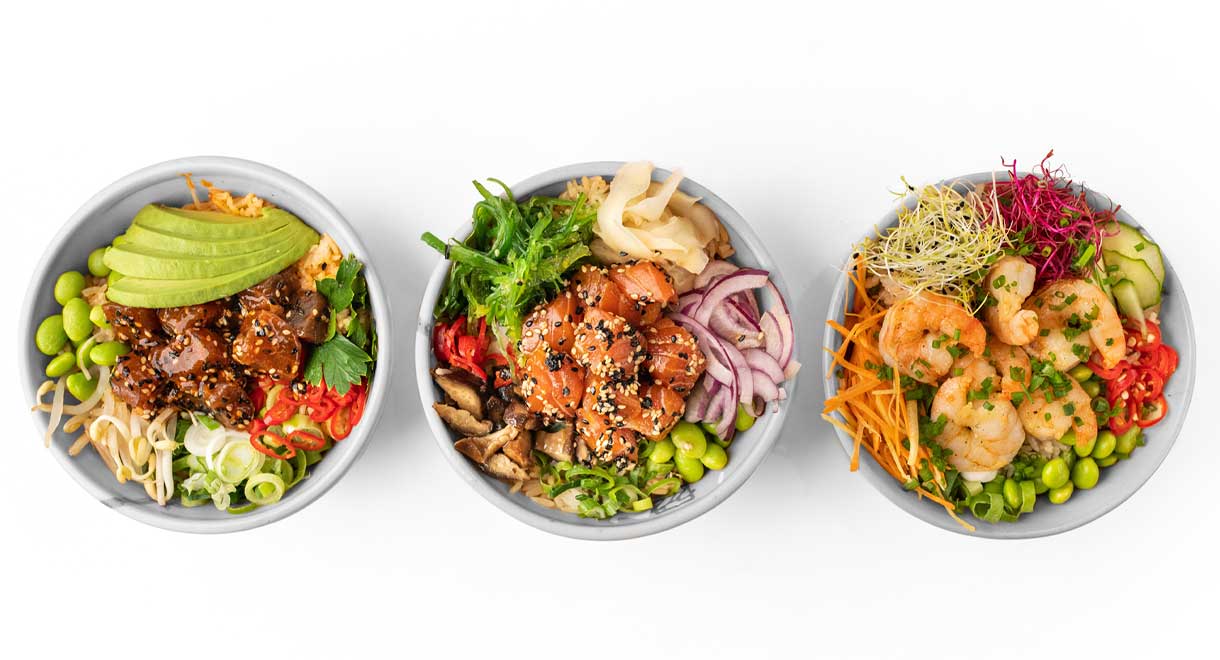

3 meals each day
Make sure you’re eating 3 substantial meals each day. The meals should be comprised of adequate protein and healthy fats. These are what help to keep you feeling satiated. It is important to make the time to eat and enjoy 3 meals a day. Nibbling all day or skipping meals is not the route to losing weight. You will probably end up eating too much in the end, and feel overly full by the evening. You might need to add a little more fat than usual to your meals for the next few days as healthy fats are wonderful for reducing sugar cravings. Examples of healthy fats to include in your diet are olive oil, avocados, coconut oil, oily fish, ghee, nuts and seeds and the fat from grass fed meat. It is also important to eat adequate protein, as this will stabilize your blood sugar. Examples of good protein sources are seafood, poultry, eggs, red meat and the whey in Quickloss Meal Replacement.
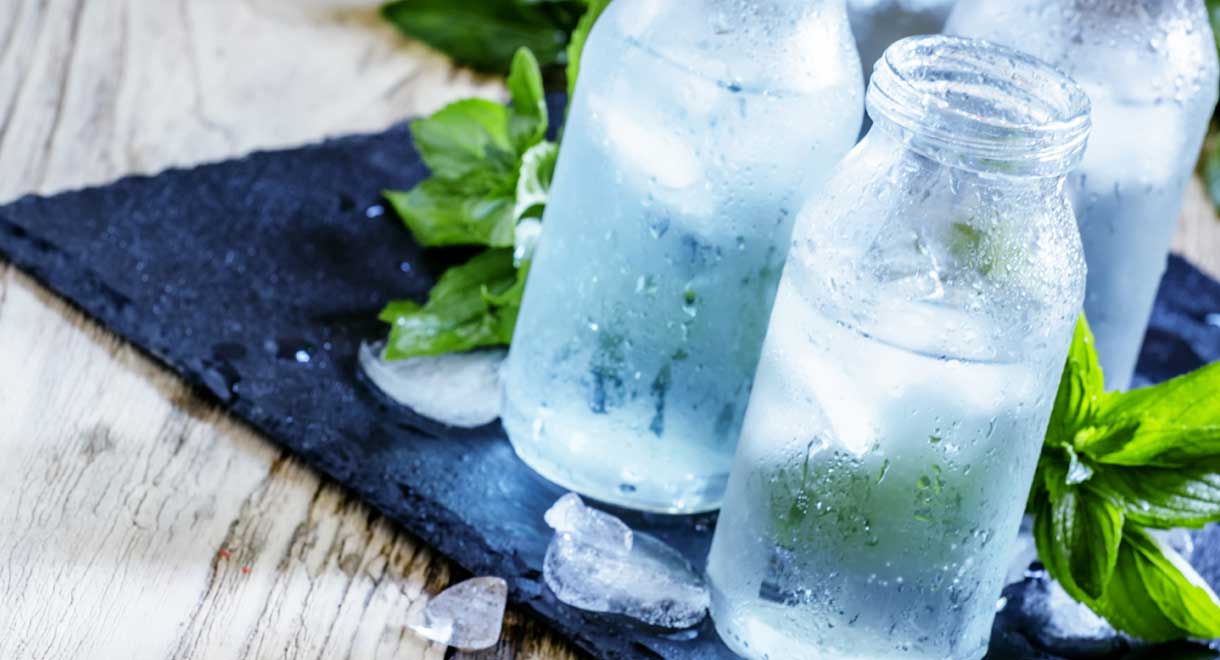

Drink plenty of water
It’s very important to stay well hydrated. Sugar and carbohydrate increase the production of hunger hormones; therefore you are likely to feel more hungry than usual for the next few days. Drinking water helps to reduce hunger. Squeezing a little lemon or lime juice into the water can help to fight sugar cravings. The acid isn’t brilliant for your tooth enamel, so you may want to drink through a straw to minimise contact of the acid with your teeth.
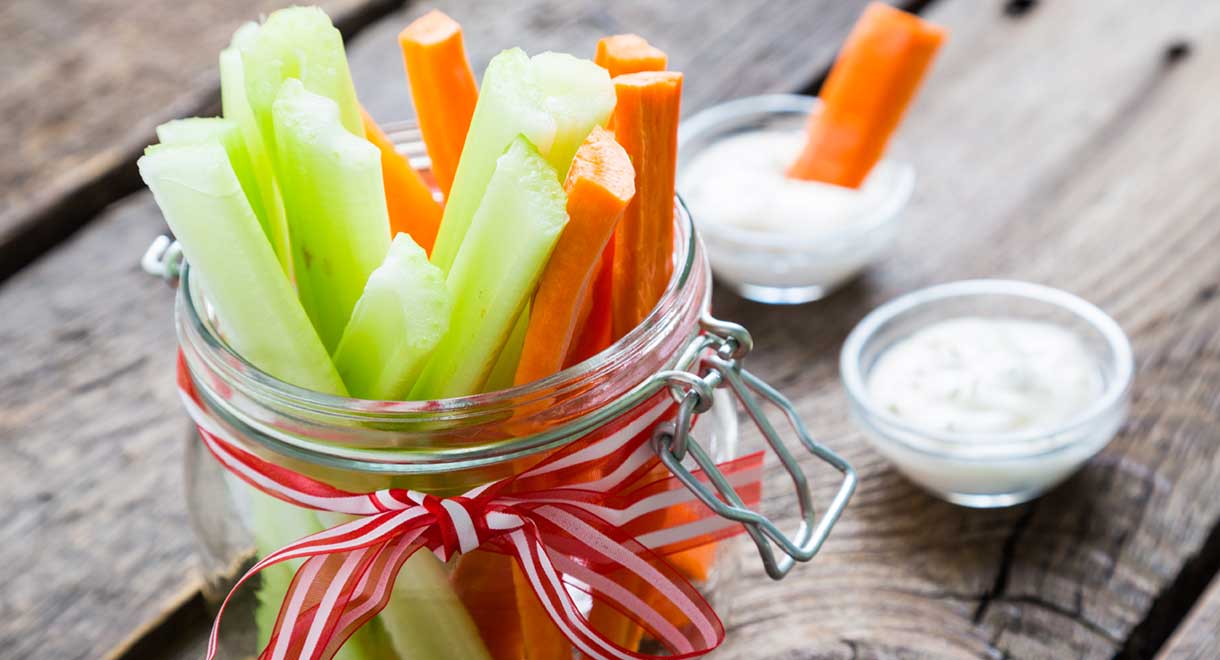

Keep healthy snacks on hand
If you are suddenly struck with strong cravings for something you know you shouldn’t be eating, it really helps to have a healthy alternative on hand. Having a healthy snack in the mid afternoon may prevent you from eating the whole kitchen when you return home in the evening. Examples of healthy snacks include nuts and seeds, a protein powder smoothie, hummus or guacamole with vegetable sticks or a boiled egg.


Don’t skimp on sleep
Plenty of research has been done showing that people who don’t sleep enough have higher levels of hunger hormones in their body and are more likely to overeat or eat unhealthy foods. It is so much easier to prepare healthy meals, exercise regularly and generally look after yourself when you’ve had enough sleep and it has been good, refreshing sleep. If you struggle with being able to get to sleep or stay asleep, magnesium may help you because it relaxes your muscles and nervous system. Magnesium also helps your brain produce the neurotransmitter GABA, which quietens down internal chatter.


Bad gut bugs or Candida could be the problem
Having too many bad bugs in your bowel can drive sugar cravings. Candida overgrowth in your intestines can make you feel tired, irritable and give you a foggy head and poor concentration. It can also cause intense carbohydrate cravings. It’s a catch 22 – eating sugar promotes the growth of intestinal yeast and having too much yeast in your gut makes you crave sugar. Candida is a type of yeast that is naturally present in everyone’s digestive tract; however, if your immune system is weak and your digestion is poor, Candida levels can get out of control. Because it is a yeast, it needs sugar in order to grow. Treating Candida overgrowth can be tough because many different foods we eat are digested into sugar eventually, and can potentially feed this yeast. Symptoms of excess Candida in the digestive tract include digestive discomfort (gas, bloating, diarrhea), fatigue, headache, muscle and joint pain, blocked sinuses, sugar cravings, recurrent vaginal yeast infections, recurrent urinary tract infections, depression, foggy head and poor concentration, food and chemical sensitivities and sleep problems. Diet modifications help to eradicate Candida and bad bacteria. BactoClear capsules can help with abdominal bloating and medically diagnosed irritable bowel syndrome.
Nature Sweet Sugar Substitute
Nature Sweet Sugar Substitute is a 100% natural alternative to sugar. Nature Sweet contains sugar alcohols (known as polyols), which are naturally occurring in many fruits and vegetables. They are sweet like sugar, but are different in the sense that they do not have the harmful health consequences of sugar and do not cause spikes in blood sugar levels, cravings or binge eating. They are suitable for those with diabetes, insulin resistance or those trying to lose weight as they do not promote excess insulin secretion and contain only a fraction of the calories of sugar. Unlike their name suggests, sugar alcohols don’t actually contain any alcohol (ethanol) and definitely cannot make you drunk. They are natural sweet substances derived from plant sources that can be added to food and beverages to make them sweeter.
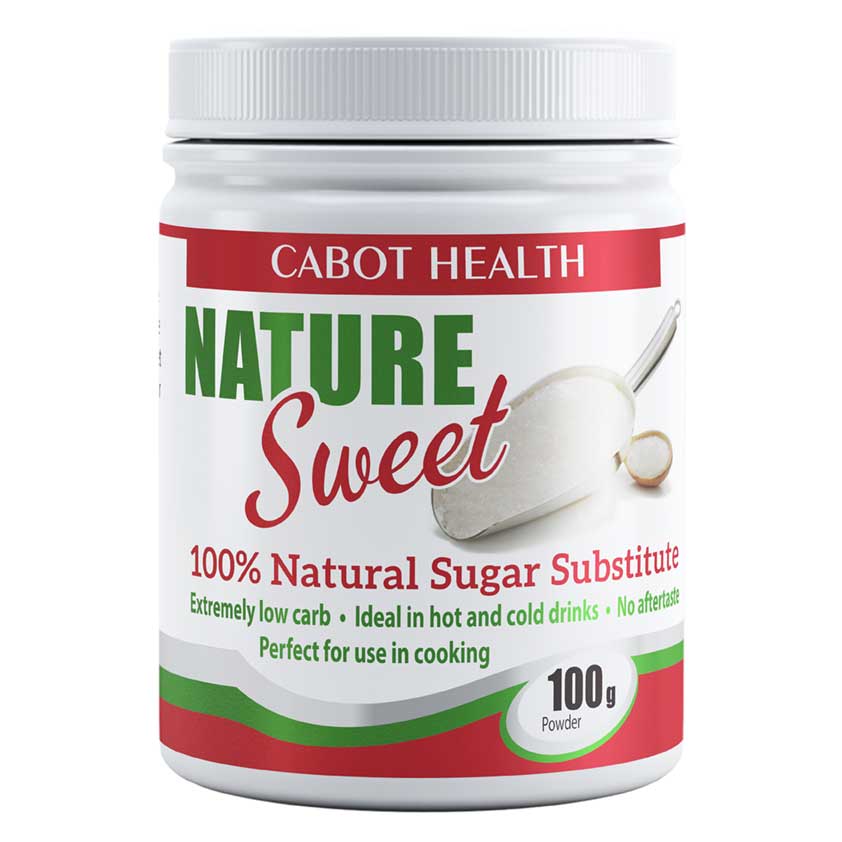

Nature Sweet consists of:
- Maltitol: A sugar alcohol derived from tapioca that has 70-90 % the sweetness of sugar. It is not broken down by bacteria in the mouth and therefore does not contribute to tooth decay.
- Erythritol: Naturally found in fruits and vegetables, this sugar alcohol has 60-70% the sweetness of sugar. It has almost zero calories, does not affect blood sugar levels and is protective against dental cavities.
- Inulin: A prebiotic soluble fibre naturally derived from chicory root. It provides food for the good bacteria in the large intestine, and promotes good gut health.
- Stevia: A herb that has roughly 300 times the sweetness of sugar. It is calorie-free and has no effect on blood sugar levels.
Benefits of using Nature Sweet
- 100% natural
- Protective against tooth decay
- Improves gut health
- Low GI (glycaemic index)
- Less than 1g of carbs per serving of Nature Sweet
- Ideal for use during weight loss programs
- Perfect for diabetics and those with Syndrome X
- Easy to use in tea, coffee, cooking and baking
- Free from gluten, dairy, additives and preservative
- ¼ tsp of Nature Sweet is the equivalent of 1 tsp of table sugar


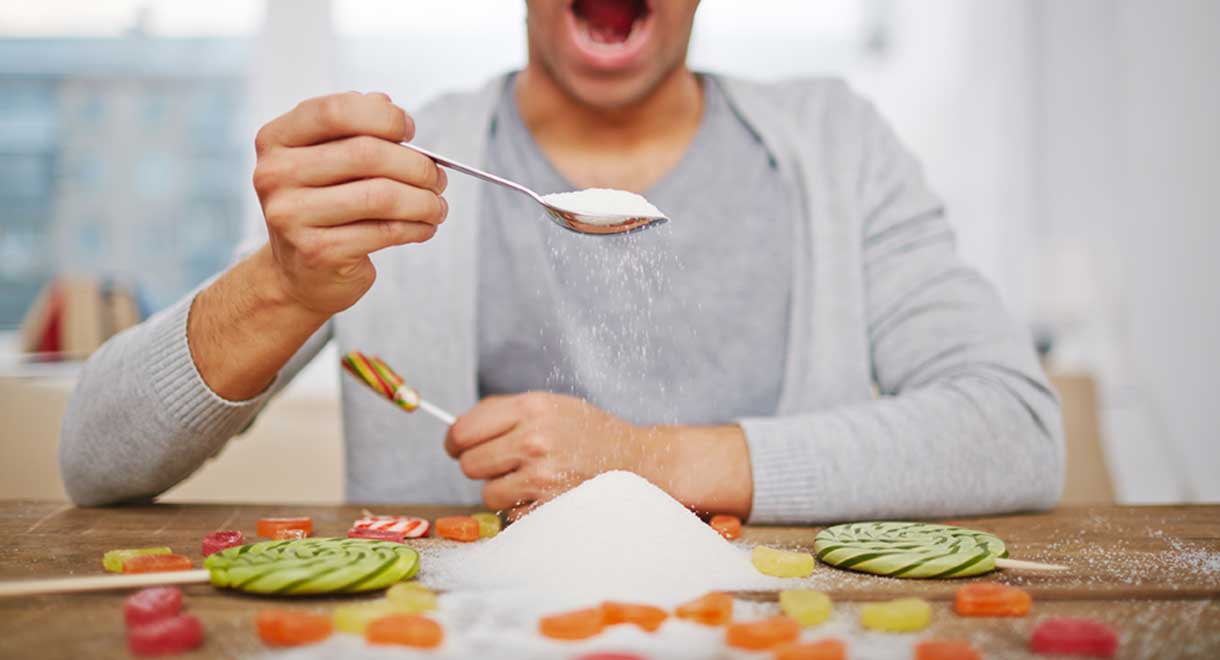


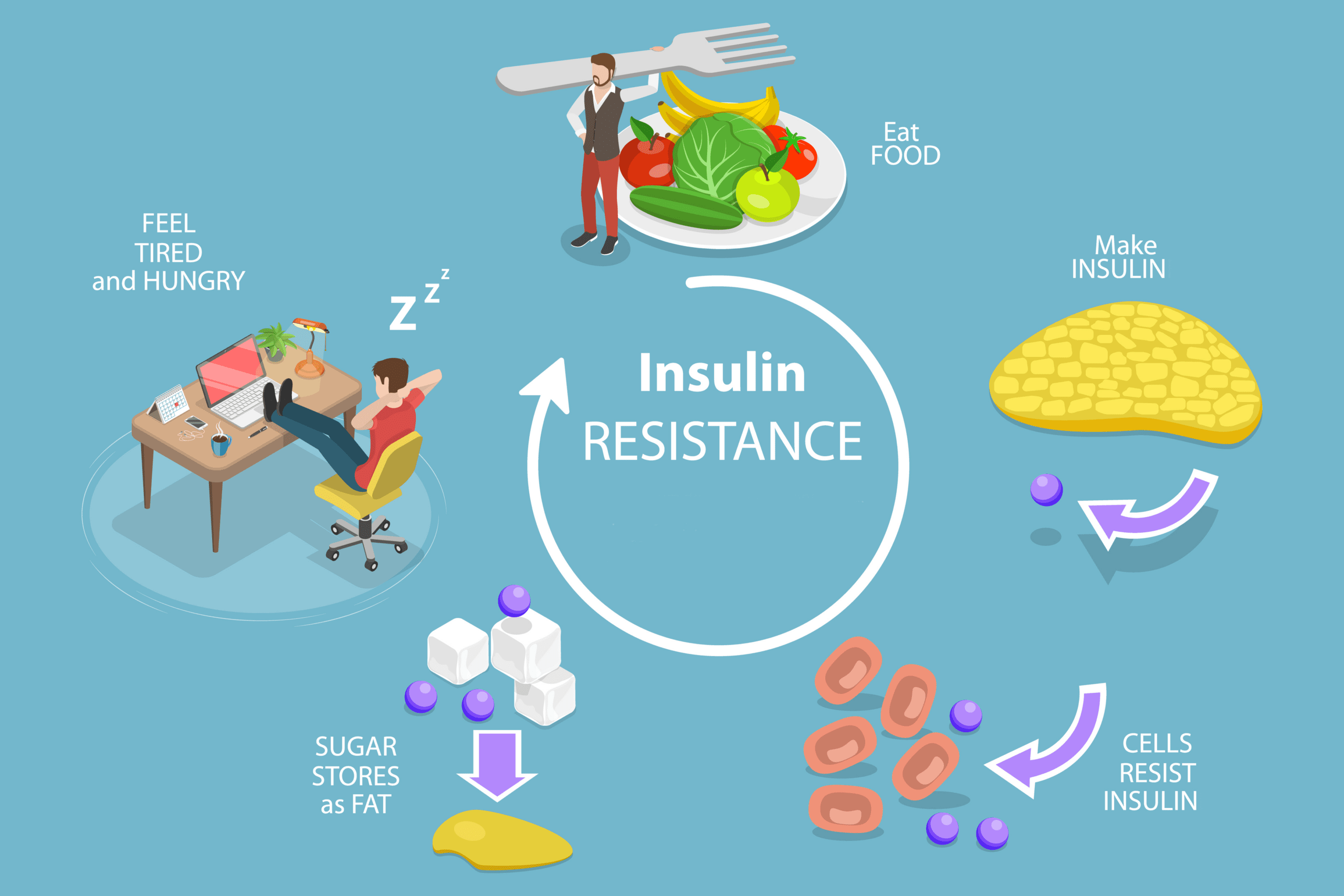



Leave A Comment